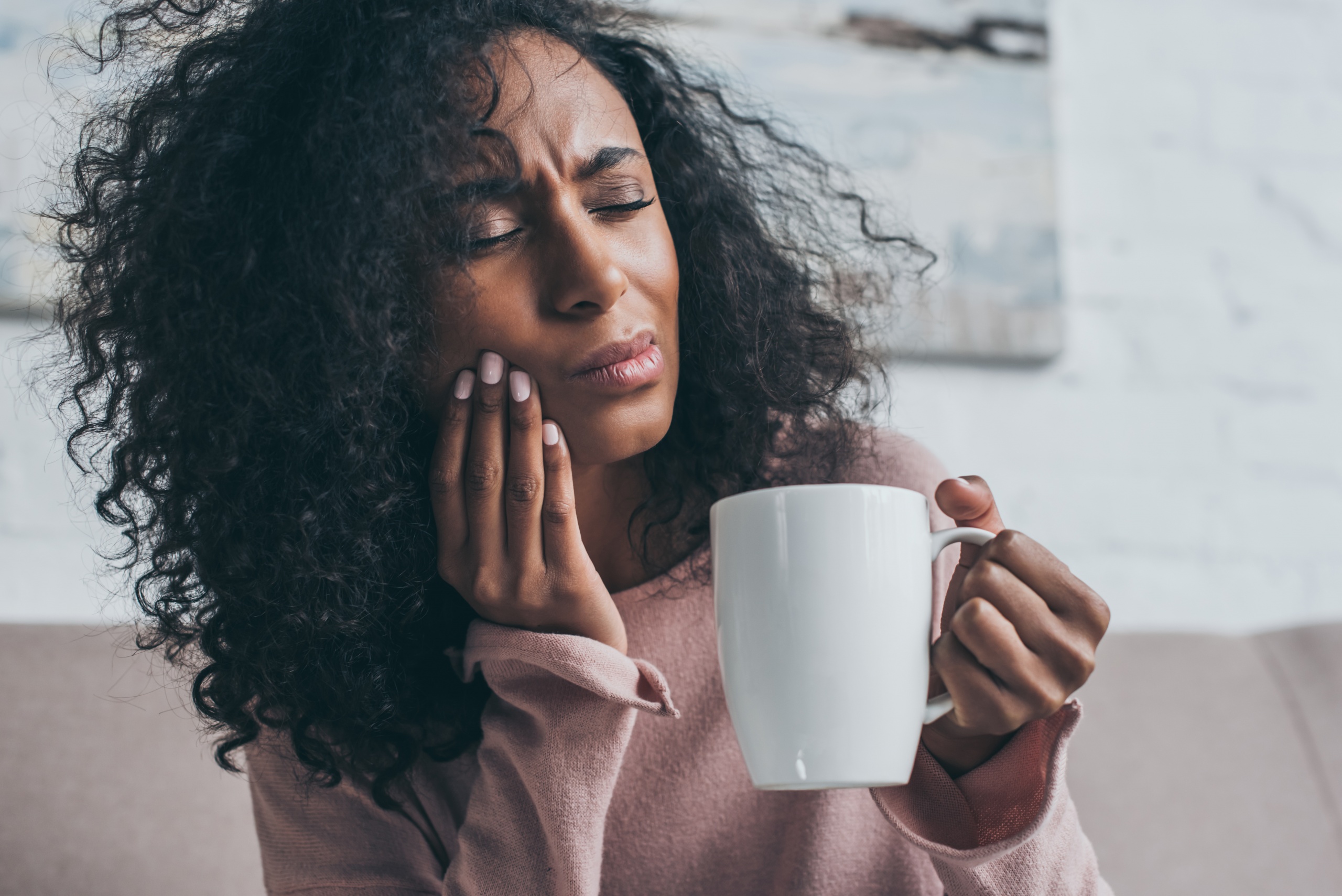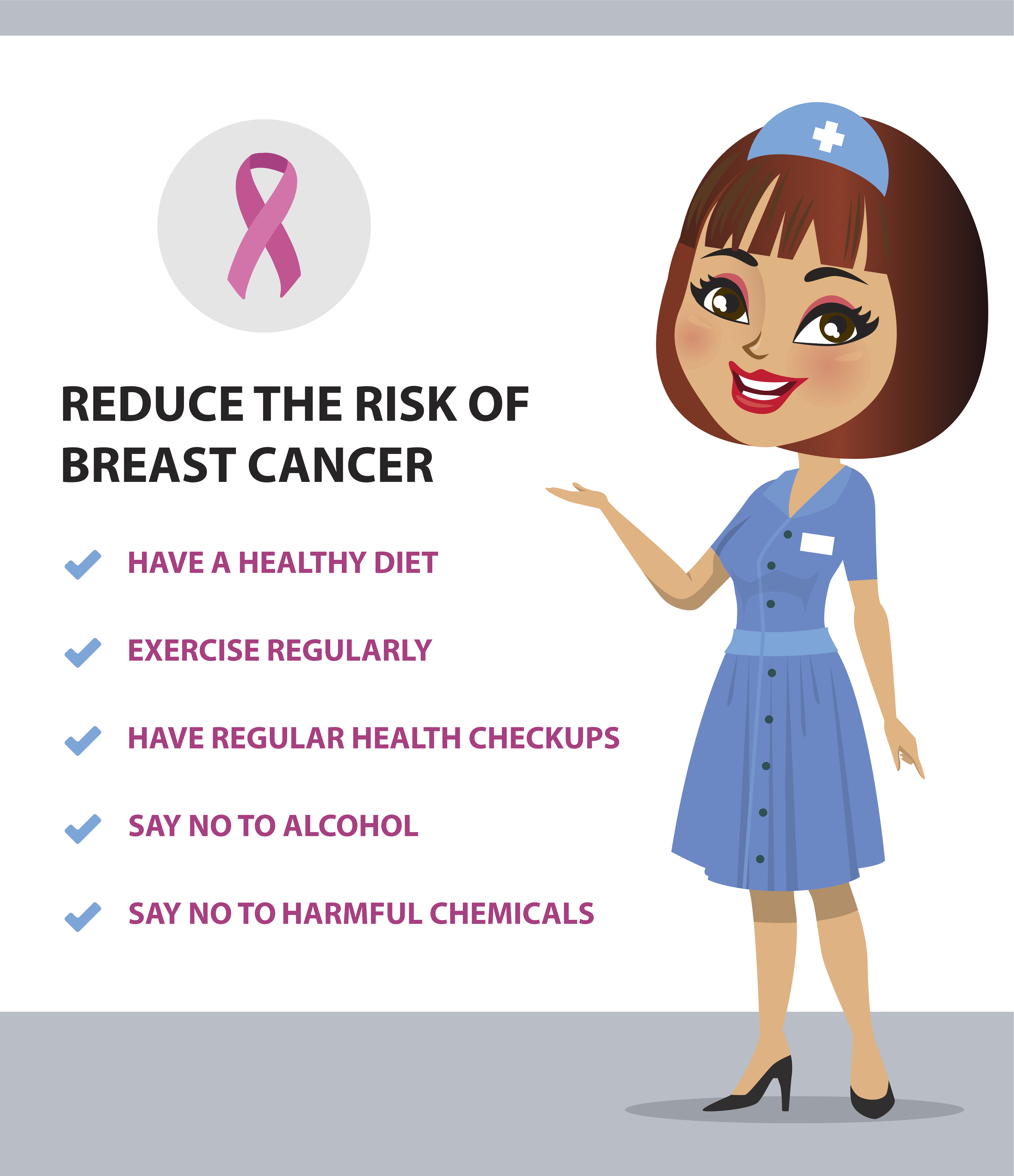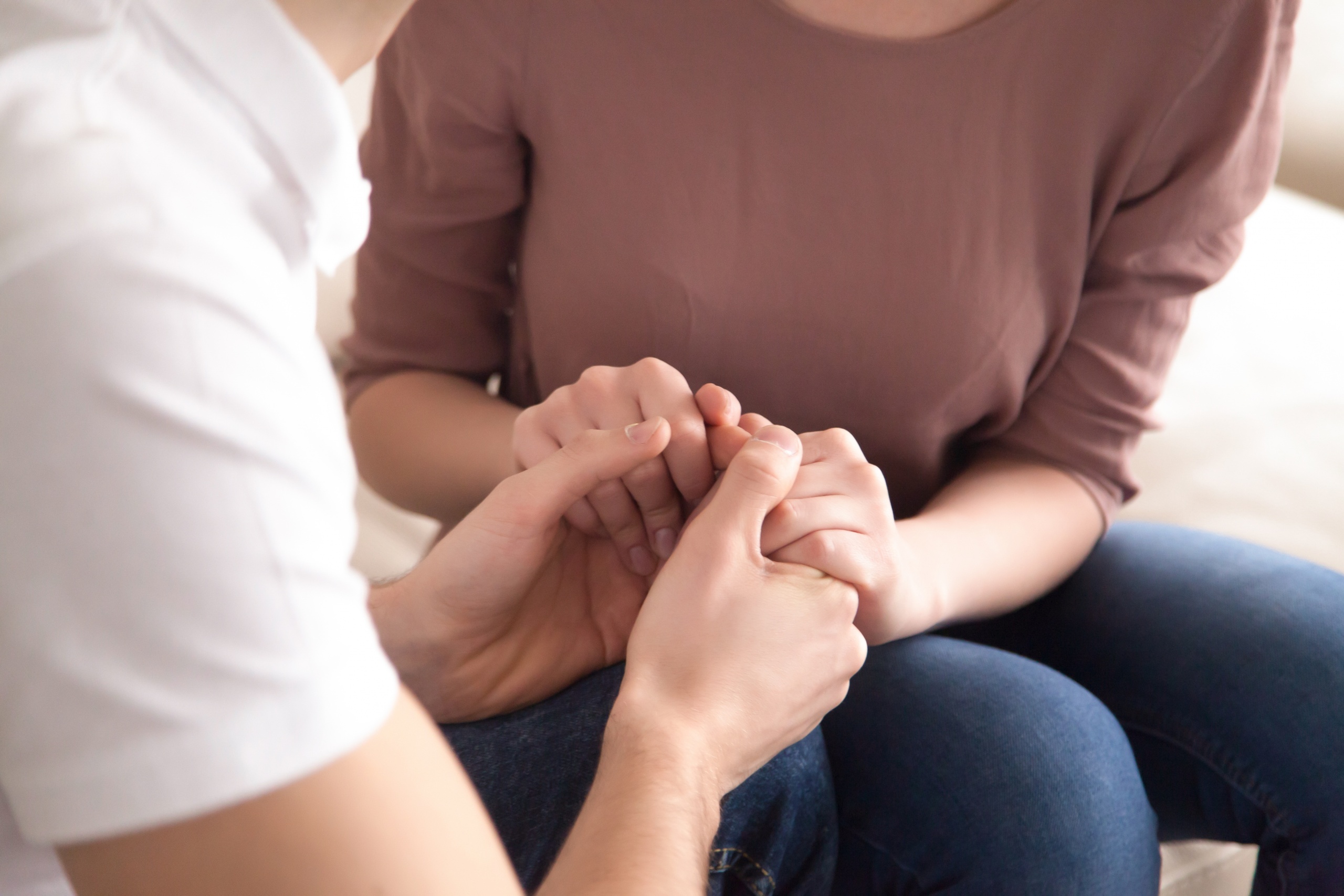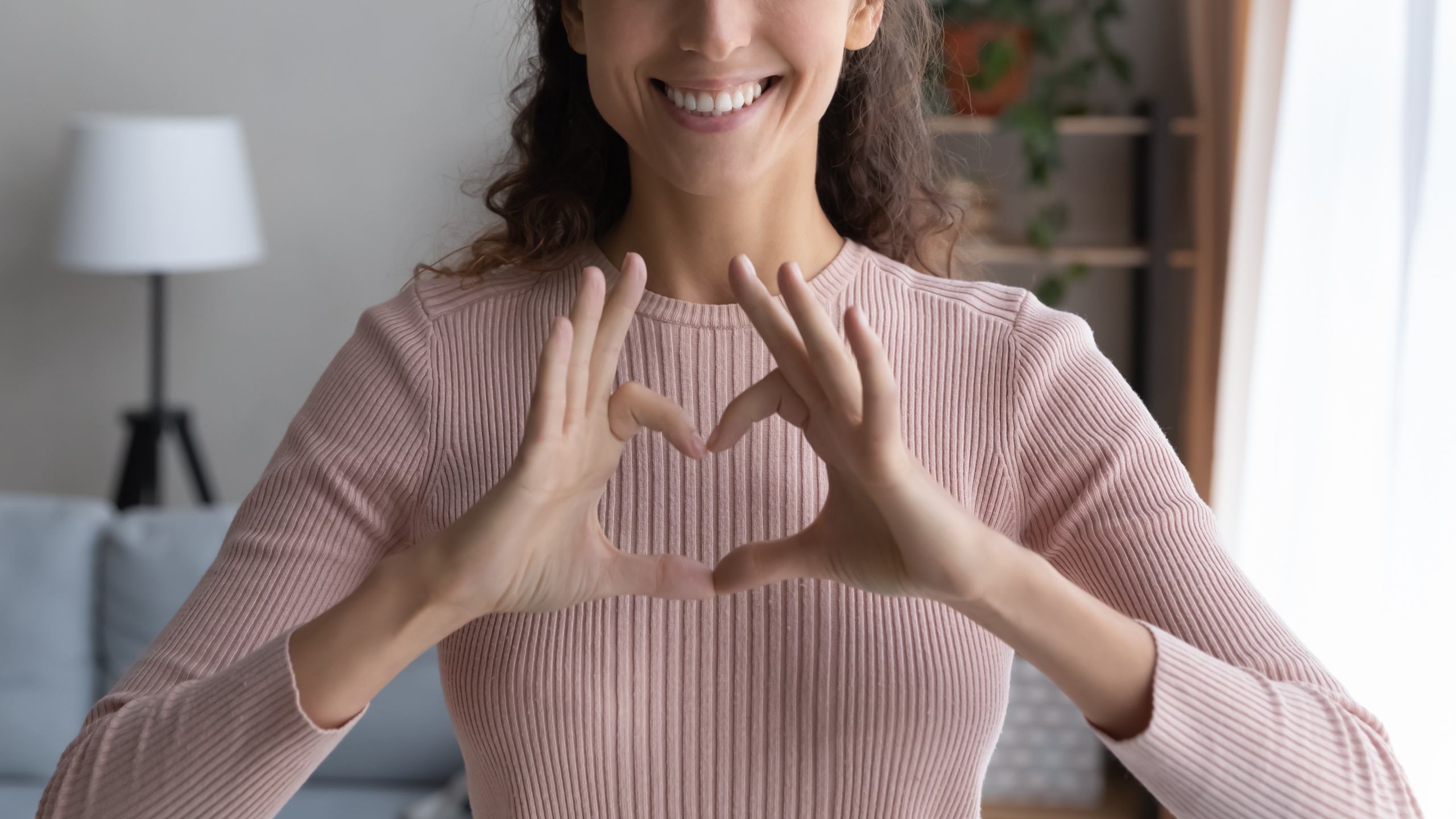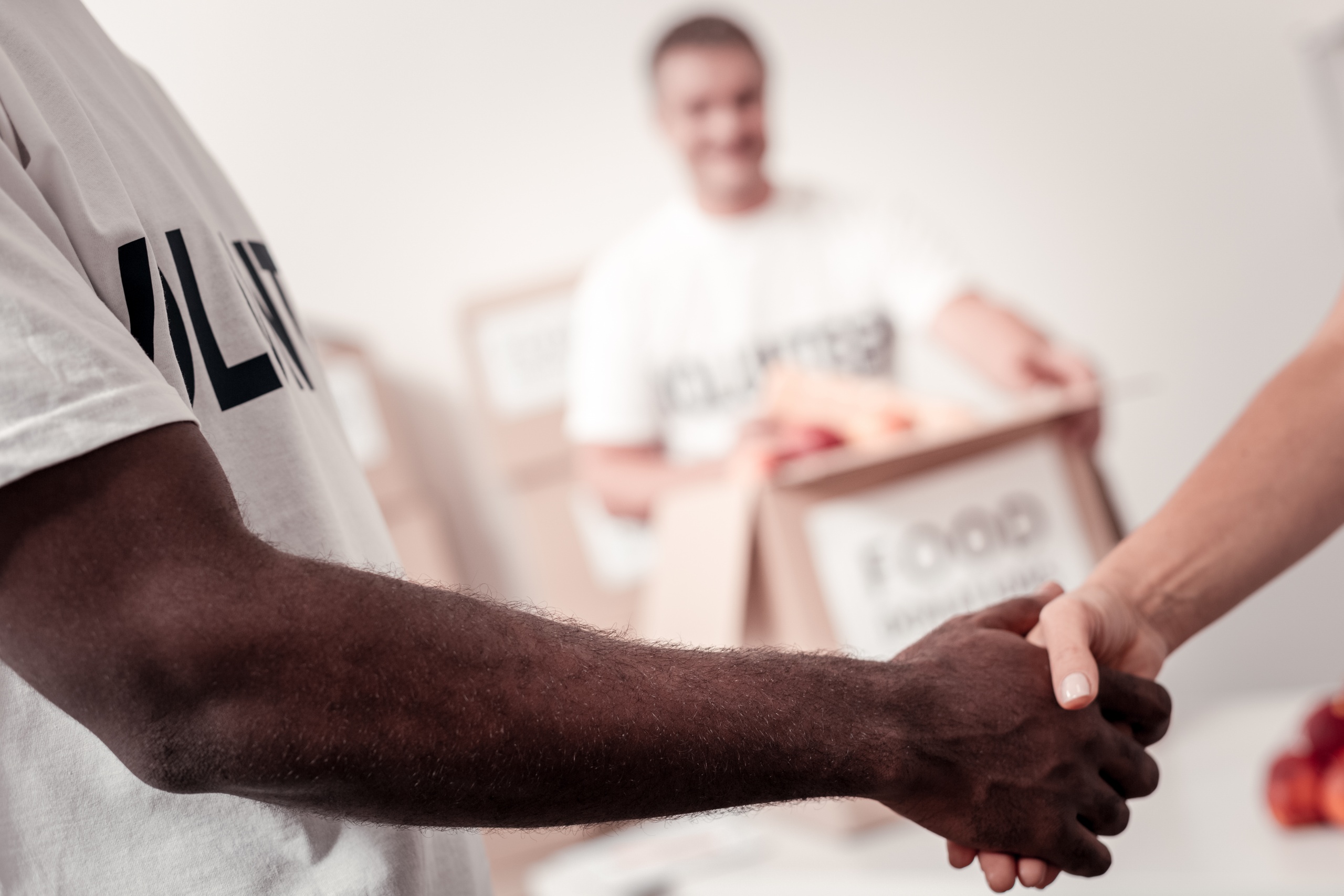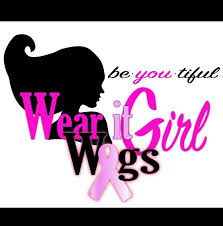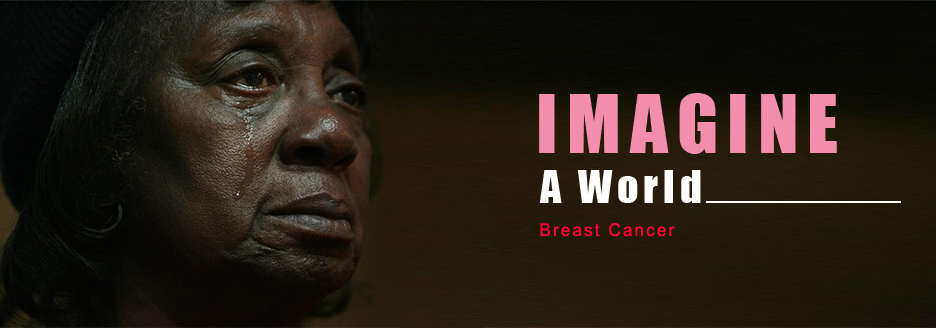We know that there are different types of bacteria in our mouths. Some bacteria are helpful for the body and others are harmful. When a person goes under chemotherapy or radiotherapy, the therapy causes changes in the lining of the mouth and salivary glands. A healthy balance of bacteria would be disturbed by changes in the lining of the mouth and salivary glands, as it produces saliva. This upset will result in infections, mouth sores, and tooth decay.
When a person goes for cancer treatment, she should be encouraged to reduce their bacterial load and use a preventive measure to make the consequences of treatment less severe.
The dental surgeon should take responsibility for their patient and plan specific goals before, during, and after treatment of the patient. The goal of both doctor and patient before cancer treatment is to treat existing problems of teeth and prepare the patient for chemotherapy. During cancer treatment, the doctor should aim to prevent the oral complication the patient face and manage those problems effectively. A goal after treatment of cancer should be keeping the teeth and gums healthy and try to manage the side effects of cancer and its treatment.
During cancer treatment, if the problems are not resolved at the early stage it causes infection and the disease gets worse. In cancer, when white blood cells are low in number or the immune system is not responding, bacteria present in the mouth will cause infection.
Chemotherapy affects the enamel on the teeth and enhances the risk of long-term dental problems. It depends on the treatment the person received, high doses in the head and neck may affect teeth development and can cause gum disease with low saliva production, resulting in dry mouth.
If a person has received chemotherapy recently or in the previous six months, he or she will be treated in primary care but his or her dentist should be in contact with the patient’s oncology or hematology team. There will be close monitoring in treatment and after the blood tests, there should be a decision about keeping the person in primary care or referring to the special care unit.
Cancer patients are treated the same way as doctors treat non-cancer patients but in treating cancer patients, there should be extreme vigilance about follow-up and monitoring for deterioration. The organization has helped over 25 women with dental issues post chemotherapy, thanks to Delta Dental, Mercy Care, and a few other private dental practices. Dental treatments can be very expensive, when you donate to our programs, we are able to help more families impacted with breast cancer, during and after cancer.
Some tips to help:
- Use a coconut oil rinse to help with pain (put one tablespoon of coconut oil in your mouth, swish around for 15 minutes, spit it out. Rinse with water and brush your teeth).
- Become a dental partner to help in our community (provide discounted dental services to clients in need).
